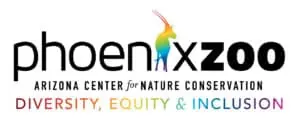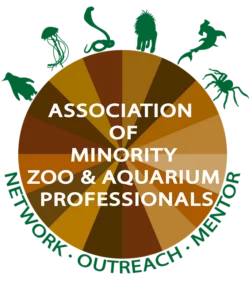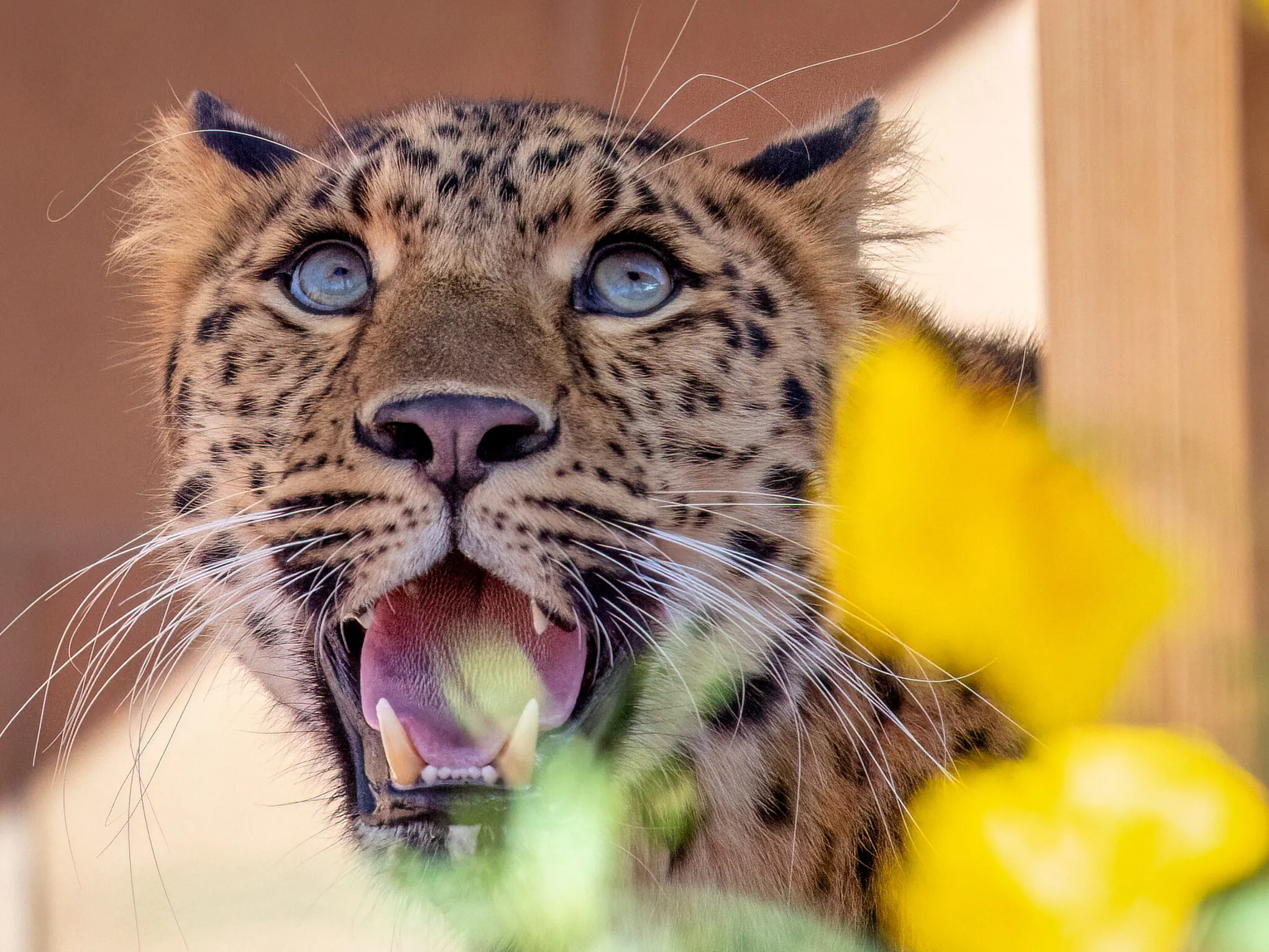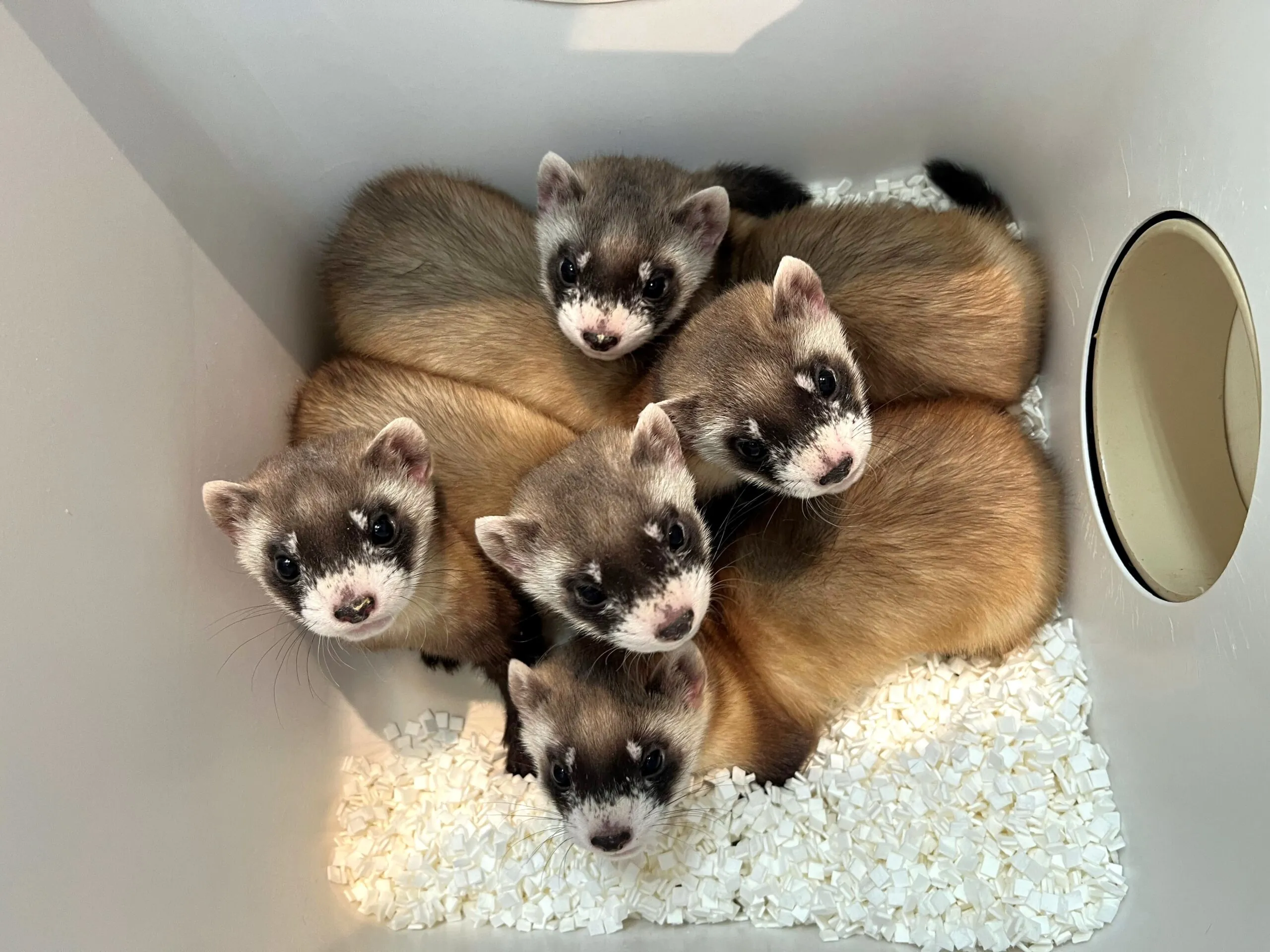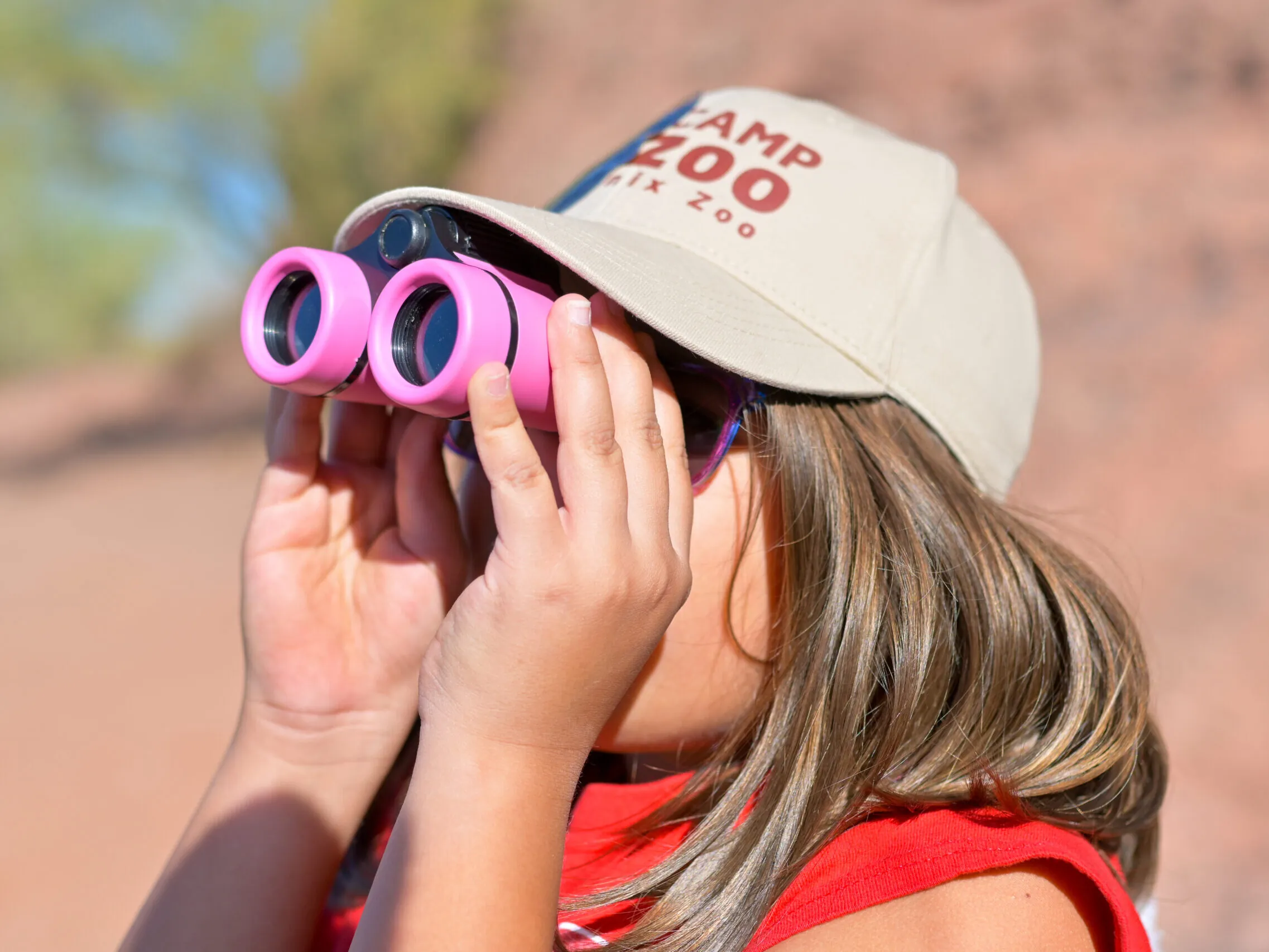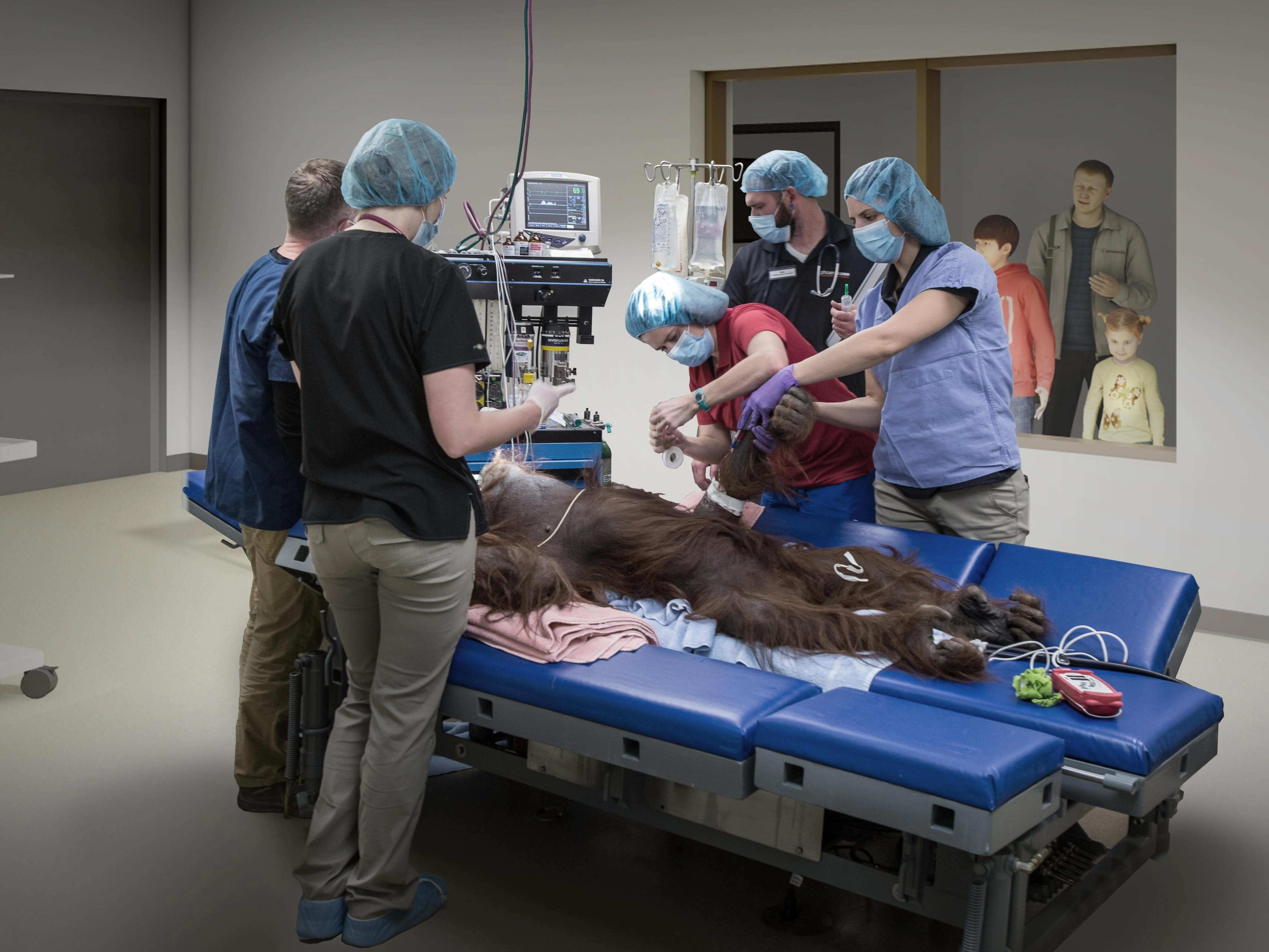Women's History Month
Women's History Month 2022
Each March, The National Women’s History Alliance designates a yearly theme for Women’s History Month. The 2022 theme is “Women Providing Healing, Promoting Hope.” They describe healing as “the experience of transcending suffering and transforming it to wholeness” and hope as “a gift that spreads light to the lives of others and reflects a belief in the unlimited possibilities of this and future generations.”
This year, we asked our team to tell us about the phenomenal women who positively impacted them and what advice our team members would give young girls interested in a career in animal conservation.
The response was incredible. Throughout the month, we will be highlighting some of these amazing women.
Each March, The National Women’s History Alliance designates a yearly theme for Women’s History Month. The 2022 theme is “Women Providing Healing, Promoting Hope.” They describe healing as
“the experience of transcending suffering and transforming it to wholeness” and hope as
“a gift that spreads light to the lives of others and reflects a belief in the unlimited possibilities
of this and future generations.”
This year, we asked our team to tell us about the phenomenal women who positively impacted
them and what advice our team members would give young girls interested in a career
in animal conservation.
The response was incredible. Throughout the month, we will be highlighting some of
these amazing women.

Anny was nominated by Ruth Allard, Senior Vice President, Conservation and Education.
How has Anny positively impacted you?
Anny showed by example that it is possible to be a biologist, environmental educator, professor, mom, and mentor all at the same time, with a sense of humor and gentle strength through it all. She led a sea turtle biology and conservation summer study abroad course in Costa Rica that I was lucky enough to take after my first year of college. I was only 19, just starting out, trying to figure out what I wanted to be when I grew up. Anny helped me see a version of *who* I wanted to be as well.
If you could thank Anny, what would you say?
Muchisimas gracias, mi amiga y maestra Anny. Meeting you and seeing you “do life” at such an influential age helped me continue to choose both science and education, career and family. I’m so grateful.
What advice would you give to young girls interested in pursuing a career in animal conservation?
Explore, try things, ask questions, listen for answers – find out what you love about animals, conservation, science, and develop those skills so you can make a difference doing something that fuels your fire. Sometimes that’s not the thing that others around you think you should want or do, and it can be tough to find your own way. There are so many different career paths under that big umbrella of “animal conservation.” I wish you luck, patience and happiness along your paths, whatever they may be!

She was nominated by several Phoenix Zoo employees.
How has Hilda positively impacted you?
Gary West DVM, Senior Vice President of Animal Health & Living Collections, remembers Hilda as passionate and devoted to the well-being of animals.
She courageously traveled to many parts of the world to help animals living in less-than-ideal conditions. She was imaginative when it came to improving the lives of animals in human care. Hilda was an animal welfare advocate and was dedicated to this life’s mission. On one of her international trips Hilda successfully introduced chimpanzees that had been living in isolation with no access to enrichment or comforts to improve their lives.
Drew Foster, Curator, recalls one of Hilda’s favorite stories about a chimpanzee named Meshmesh from the Alexandria Zoo in Egypt:
The Alexandria Zoo in Egypt had three adult male chimpanzees, Oscar, Fatuta and Meshmesh, all housed by themselves next to each other. Oscar and Fatuta had their own outdoor cages, but Meshmesh did not. For years, he would sit by himself in a dark room without windows, fresh air or anybody to interact with. Because the cages were not connected properly to offer Meshmesh access outside, and because the keepers were fearful of putting three male chimps together, Meshmesh was confined to stare at walls and listen to noises outside. His caretakers did not perceive the consequences of this situation but were open to change. Hilda immediately introduced the animals without incident. Although not something the keepers were prepared for, upon watching the chimpanzees smile, play, hug and laugh together there was a celebration along with Hilda due to improving the lives of all three animals.
Brian Calkins, Graphic Designer II, describes the impact that Hilda had on him and his career:
When her natural tendency to initiate change and resolve issues would not work, she found that by adapting to each environment, she could successfully accomplish her goal of making life better for the animals she was there to help. I was in my late 40s and 50s when I worked with Hilda, yet even at that age, I learned from her the wisdom of how adaptation can help you survive and succeed in any situation, and I continue to try to apply those lessons in my everyday life.
Hilda passed away while overseas doing the work that she loved but her memory lives on at our Zoo and other zoos across the world.

Nancy McTolridge, Director of the Santa Barbara Zoo, was nominated by Drew Foster, Animal Curator.
How has Nancy positively impacted you?
Nancy helped me start my career in zoos and has guided me as I have progressed through my career.
If you could thank Nancy, what would you say?
Nancy, thank you for being an inspiration to me and many others in the AZA community. You are a thoughtful and progressive leader, and I have appreciated your guidance and input throughout my career. Thank you for all of your contributions to our Association and your friendship! I miss you and hope you are well.
What advice would you give to young girls interested in pursuing a career in animal conservation?
Working with animals in a zoo setting is a fantastic career for anyone passionate about animals and conservation. This is a competitive field – many people want to work with animals – so education and experience are both valuable. Do what you can to advance both your experience and education to give yourself an advantage. Get valuable experience caring for animals by volunteering at a nature center, a zoo or a university while you pursue a degree in zoology or a related field. Advanced degrees also help, and you do obtain hands-on animal experience while conducting your thesis research.

She was nominated by Carrie Flood, Community Learning Manager.
How has Jane positively impacted you?
Jane paved the way for women to lead field research in remote areas. She made it OK for little girls like me to want to visit the wildest places on earth and study the animals that lived there. She also helped break down the wall between humans and animals and forced us to look at ourselves as part of nature rather than above it, which was a critical early step in the process of conservation. She continues to inspire people and lift those whose lives she touches. She spreads a message of hope and accountability that we need right now.
If you could thank Jane, what would you say?
I would say that she changed the world, and that the world is an infinitely better place with her in it. I would tell her that I dedicated my life to conservation in large part because she made me see that it was possible.
What advice would you give to young girls interested in pursuing a career in animal conservation?
I would say that whatever specific attributes you have – whatever it is that makes you different – THAT’S what makes you a perfect fit for a role in conservation. The trick is figuring how to apply it; and if you seek out good people, they’ll help you find that path, and lift you up to the next step. You can do anything you want to do and anyone that tells you different isn’t worth your time.

Ruth Bader Ginsburg, Supreme Court Justice, was nominated by Sue Tacho, AAR Keeper II.
How has Ruth positively impacted you?
Being denied equal pay as her male colleagues, she co-founded the Women’s Rights Law Reporter, the very first law journal in the U.S. to focus only on women’s rights. She spent much of her legal career as an advocate for gender equality and women’s rights. She saw a need for change and made it her passion. When there wasn’t a place for her at the table, she made a place and created change through determination, consistency, and hard work.
If you could thank Ruth, what would you say?
I don’t know if I would be able to be where I am at now without you being where you were first.
What advice would you give to young girls interested in pursuing a career in animal conservation?
Don’t let people assume things about you that are not true. Show them your capabilities through work and ethic. Don’t let anyone make you feel like you don’t deserve to follow your dreams. Push back when someone tells you that you can’t do something because of how you look by exceeding at the task and continuing to grow and learn.
